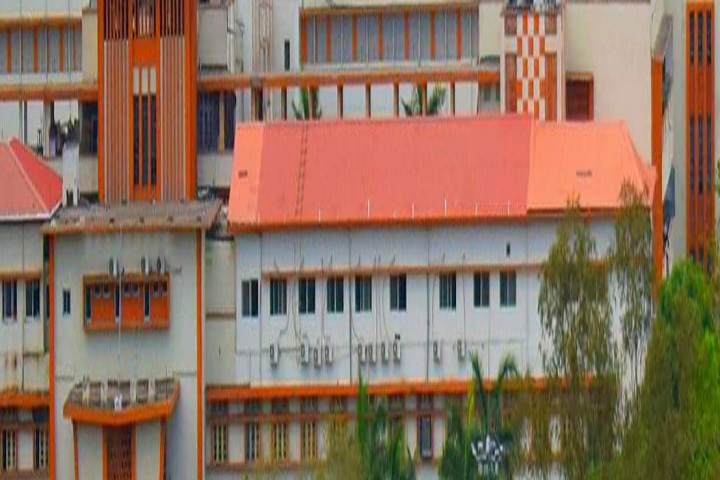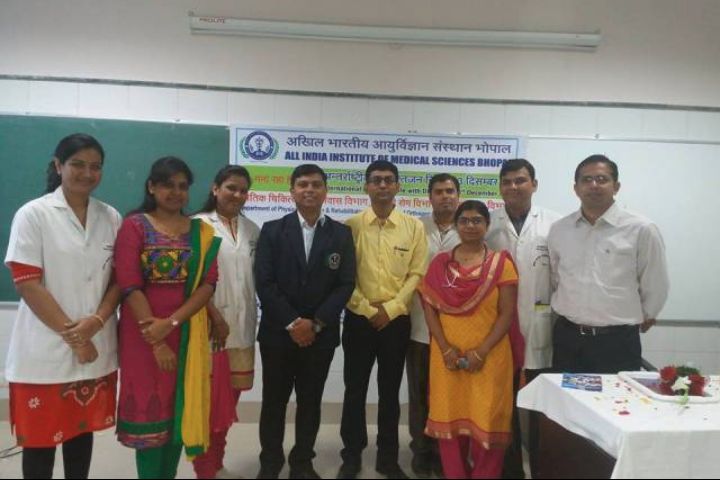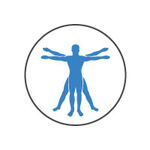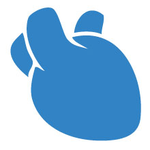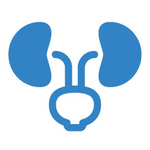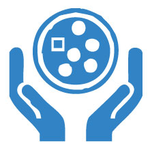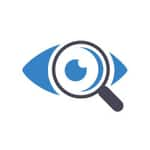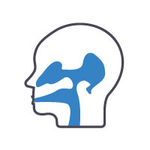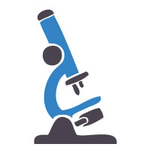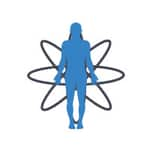What is Radio Diagnosis
Radio diagnosis is a process that is used to create images of the human body or parts and also the function thereof for clinical purposes that also includes the study of normal anatomy and physiology.
Radio diagnosis course gives the individual an in-depth knowledge of how the field is vast and how the subjects in this field are covered thoroughly.
Candidates who have a keen interest and the willingness to learn about radiation and ultrasound should pursue this course and make a career in Radio diagnosis field. The individual needs to study the subjects thoroughly to get better at it.
After pursuing Radio diagnosis course, students may get the jobs as the lead medical image analyst, medical advisor, and radiographer. Students can pursue this course of Radio diagnosis as a bachelor's degree or master's degree according to their preference.
Eligibility Criteria (UG & PG) of Radio Diagnosis
The eligibility criteria to pursue any course in Radio diagnosis is a minimum aggregate of 50% marks or equivalent from a recognized board or university.
For Undergraduates:
The student should have passed 10+2 with a minimum aggregate of 45% marks or equivalent from a recognized board or university.
Some of the very reputed universities and colleges conduct entrance examinations for admission in Radio diagnosis .
For Postgraduates:
To pursue this course as a Postgraduate is an MBBS degree with a minimum aggregate of 50% marks or equivalent.
Some of the institutions or universities conduct entrance examinations for which the individual should appear to secure admission to the course.
Radio diagnosis Entrance Exams
There are certain entrance exams that the individual should appear for to procure admission to the Radio diagnosis courses and qualify the examination with the required marks. Some of the entrance examinations are:
AIIMS PG - All India Institute of Medical Sciences is an entrance examination that is conducted to grant admission to the individual in the medical courses. The individual must qualify this examination to get admission in the college.
MANIPAL Medical Entrance Exam - It is an entrance examination that is conducted to get admission to the medical courses at India's top-ranked medical colleges.
NEET Entrance Exam - It is an entrance examination that is conducted for both undergraduate and postgraduate admissions. It is conducted for admission to medical courses.
Therefore, some of the above mentioned are important entrance examinations for which the individual should appear to procure admission to the Radio diagnosis course. They should secure the required marks in the entrance examination so that they are granted admission to the Radio diagnosis course.
College Predictors VIEW ALL
Scope of Radio Diagnosis in India and Abroad
A course in radio diagnosis provides the individual with a varied plan of study in the field and also technical support knowledge. Individuals need to study a balanced curriculum to prepare them for advancement in multiple careers.
If we specifically look at Radio Diagnosis , then the scope of this course is good in all aspects. It is one such branch of medical science that is continuously in great demand for the diagnosis of diseases. It is a field where doctors can detect a problem inside the human's body.
Also, the technology is updating with each passing day, this field of Radio diagnosis has emerged as one of the most successful fields.
The medical centres and hospitals in India give a lot of scopes and provide career opportunities to the aspirants. The individuals in the field of Radio diagnosis are hired by many medical centres, and radiological centres giving them a wide scope of career opportunities.
Course Fees Radio Diagnosis
| Minimum Fees | Maximum Fees | |||
|---|---|---|---|---|
| Private | Government | Private | Government | |
| UG | ||||
| PG | ||||
| DOCTORAL | ||||
| DIPLOMA | ||||
Course Subjects
The subjects covered in theRadio diagnosis course gives the individual an in-depth knowledge about the course. It aims at covering various topics such as how the functioning of this field takes place, and what topics are covered.
The individual needs to study the subjects thoroughly so that the individual understands the course easily. Some of the subjects covered in Radio diagnosis bachelors are:
- Advanced Radiographic Techniques
- Equipment of Radiotherapy
- Medical Biochemistry
- Equipment of Radio Diagnosis
- Community Healthcare
Some of the subjects covered in Radio diagnosis masters are:
- Respiratory System
- Gastrointestinal and Hepato-Biliary-Pancreatic System
- Cardiovascular Radiology
- Neuroradiology
Careers in Radio Diagnosis
The careers in Radio diagnosis course differ from one job profile to another. After the successful completion of this course, the doors are wide open for many career opportunities in this field. The individual can apply for any career option based on his/her area of interest. The main purpose of this course is to make the individuals well-versed and well-equipped with the Radio diagnosis courses.
The careers in this field are not limited up to a certain extent; instead, it has a very wide scope. The individuals can opt to pursue other courses related to this field. They can monitor the work and also help in assisting the other team members in the workplace.
Therefore, the career opportunities are wide in this Radio diagnosis field, giving the individual the freedom to select where he/she wishes to work. Some of the careers in Radio diagnosis course are:
- Radiologist
- Radiographer
- X-ray Technician
- Medical Advisor
- Health Diagnostics Technologist
Upcoming trends
The advancement in technology has made everything change with each passing day. The individual has to stay updated with the upcoming trends in the market. The value-based treatment of patients has now changed to digital platforms while everything is available on social platforms.
The patients can now interact with the doctors through video calls and make it easy to give them treatment according to the disease. It is difficult for them to connect sometimes, but in these times of pandemic, it is better to coordinate with the doctors through video calls. Some of the upcoming trends in Radio diagnosis are:
- Artificial Intelligence
- Patient Empowerment
- Radiological Divergence
- Patient Interaction
- Challenges
- Less Emphasis on value-based payments
Job Profiles and Top Recruiters
Job Profiles
There are certain job profiles in the field of Radio diagnosis which depends on the interests and capability of the individual. The job profiles in this field vary depending on the area of interest.
Job Profile | Job Description |
Medical Advisor | A Medical Advisor is the one who contributes towards the evaluation, critiquing and communication of important medical information related to the products of the companies. They also assist the clinical research teams and help them in training. |
Radiographer | The Radiographers generally use the X-rays and also look after the imaging modalities, that helps to see the disease inside the patient's body and also diagnose the disease. They also ensure that the radiations that are used are safe and are monitored correctly. |
X-ray Technician | The X-ray Technicians are the ones who take the X-rays of the patient's internal anatomy and aid their illnesses, diseases, or injuries if any. They ensure that the patients are exposed to limited amounts of radiation. |
Radiologist | The Radiologists are the ones who execute and also interpret the medical images, which include X-ray and CT scans and use them to treat the patient. |
Top Recruiters
- Diagnostic Centers
- Doctors Office
- Hospitals
- Radiology Clinics
- Colleges
- Universities
Average Salary
The average salary package for Radio diagnosis paid to the individual differs from one job profile to another. The salary package fluctuates depending on prior experience and skills. The individual needs to fit in the criteria to get hired for the job profile. Below mentioned are some of the job profiles in Radio diagnosis and their average salary:
Job Description | Average Annual Salary |
Radiographer | Rs. 2 to 4 Lakhs p.a. (Approx.) |
Radiologist | Rs. 4 to 5 Lakhs p.a. (Approx.) |
Health Diagnostics Technologist | Rs. 6 to 8 Lakhs p.a. (Approx.) |
X-ray Technician | Rs. 2 to 4 Lakhs p.a. (Approx.) |
Medical Advisor | Rs. 10 to 12 Lakhs p.a. (Approx.) |
Required Skillset for Radio Diagnosis
There are certain skill sets which are required to be possessed by the individuals working in Radio diagnosis to enhance themselves. Some of the required skill sets are:
Communication Skills - The individual needs to have this skill as they need to convey the results to the patients in a way that the patient should also understand what the individual is trying to say. He/she should be able to present the information.
Logical Abilities: The individual should have logical abilities to use the information from the data that is collected and then identify the problem. They should determine the Radio diagnosis and also suggest the treatment that should be given to the individual.
Interpersonal Skill - The individual should possess this skill as they are required to have interaction with the patient. They should have a very calm and relaxing manner to put the patient at ease.
Technical Skills - The individual should be ready to learn and also stay updated about the evolving range of diagnostic imaging equipment and also how to use them, which is very crucial in this field.
Course Curriculum for Radio Diagnosis
The course curriculum for Radio diagnosis includes the subjects that make it easy for the individual to understand about the course to get better at it. It gives the students a better understanding of the course.
Some of the topics of Radio diagnosis course curriculum are mentioned below:
- Anatomy
- Physiology
- Basic Radiations Physics
- Hospital Postings
- Radiotherapy
The above mentioned are only some of the fields that are covered in this Radio diagnosis course to study the subject and also understand it thoroughly.
Popular Radio Diagnosis Entrance Exams in India
Frequently Asked Questions (FAQs)
Question: What is the job role of a Radiographer, and what is their average salary?
Answer :
The Radiographers generally use the X-rays and also look after the imaging modalities, that helps to see the disease inside the patient's body and also diagnose the disease. They also ensure that the radiations that are used are safe and are monitored correctly. The average salary paid to Radiographer is Rs. 2 to 4 Lakhs p.a. (approx.), and it keeps fluctuating depending on the work experience in Radio diagnosis of the individual.
Question: Are there any entrance exams conducted to secure admission in Radio Diagnosis?
Answer :
Yes, there are some colleges or universities that conduct entrance examinations to secure admission to the course. Some of the entrance examinations are AIIMS, MANIPAL Entrance Test, and AIPMT. Therefore, the individual needs to qualify the entrance examination to secure admission to the course.
Question: Are there any required skill sets that are required to be possessed by the individual?
Answer :
Every profession needs the employee to possess certain skill sets and also if to develop certain skills to get better at work. Some of the required skills are Communication Skills, Technological Abilities, and Interpersonal skills. The individual needs to have the required skill set to fit the job criteria and enhance their skills and use them in a better way.
Question: What are the job profiles after pursuing a course in Radio Diagnosis?
Answer :
Some of the job profiles in the field of Radio diagnosis are: Radiologists, Radiographers, X-ray Technicians, Medical Advisors, and Health Diagnostics Technologist.
Question: What is the eligibility criteria to pursue a course in Radio Diagnosis?
Answer :
The student who wishes to pursue this course as Undergraduate should have passed Class 10+2 with a minimum aggregate of 45% marks or equivalent from a recognized board or university. To pursue this course as a Postgraduate is an MBBS degree with a minimum aggregate of 50% marks or equivalent.
Some of the institutions or universities conduct entrance examinations for which the individual should appear to secure admission to the course.


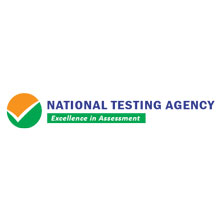

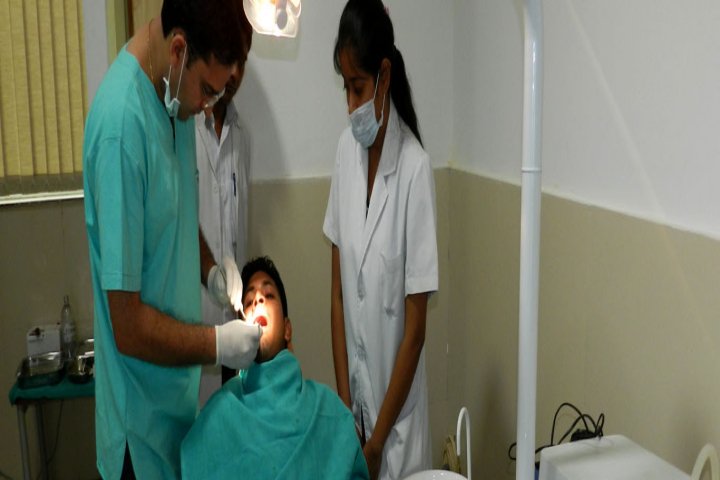
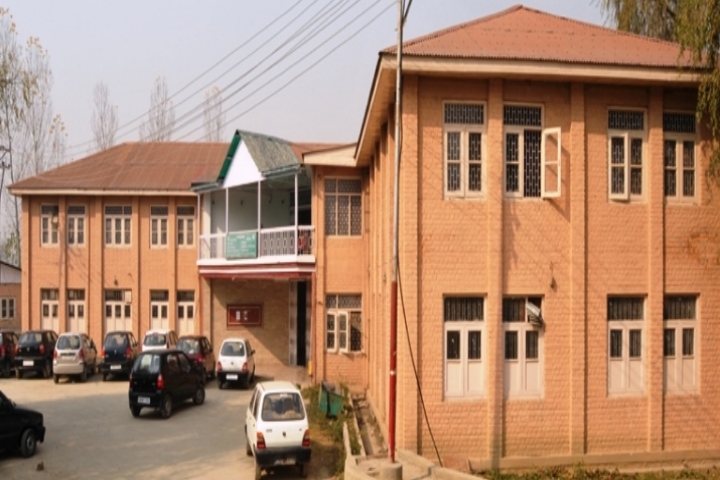
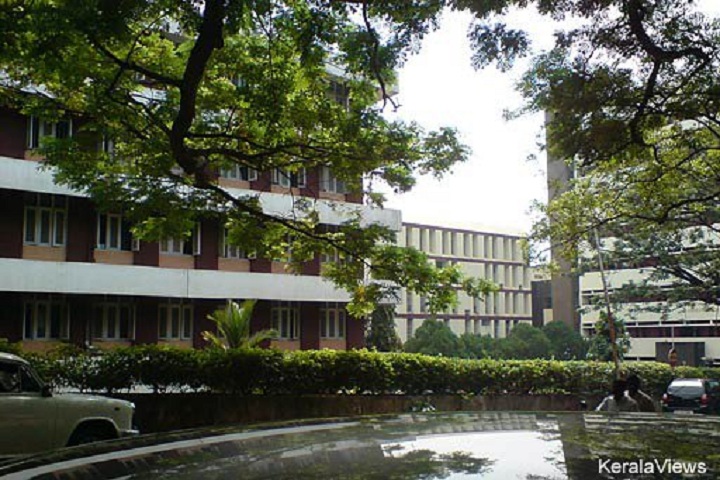
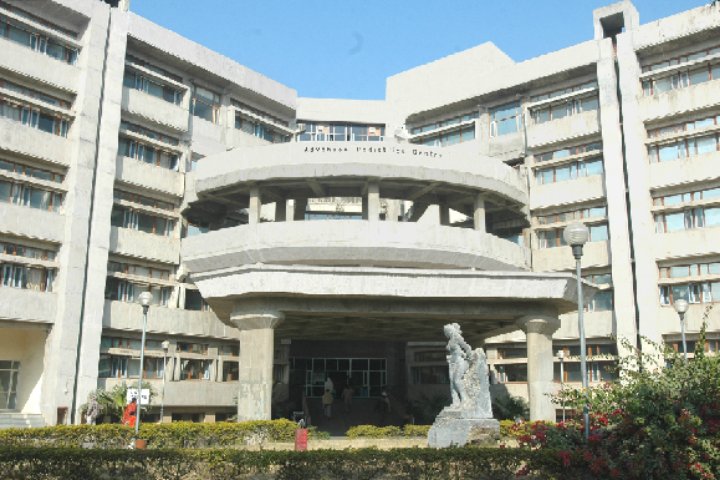
.jpg)
